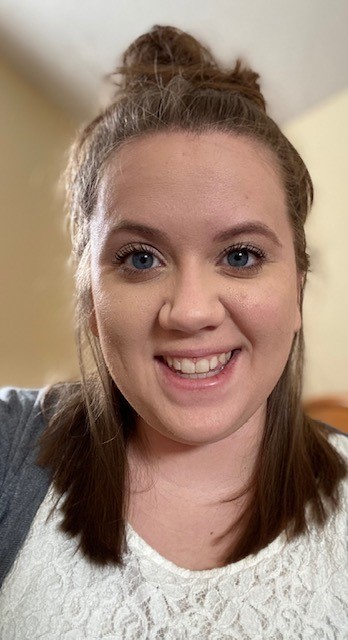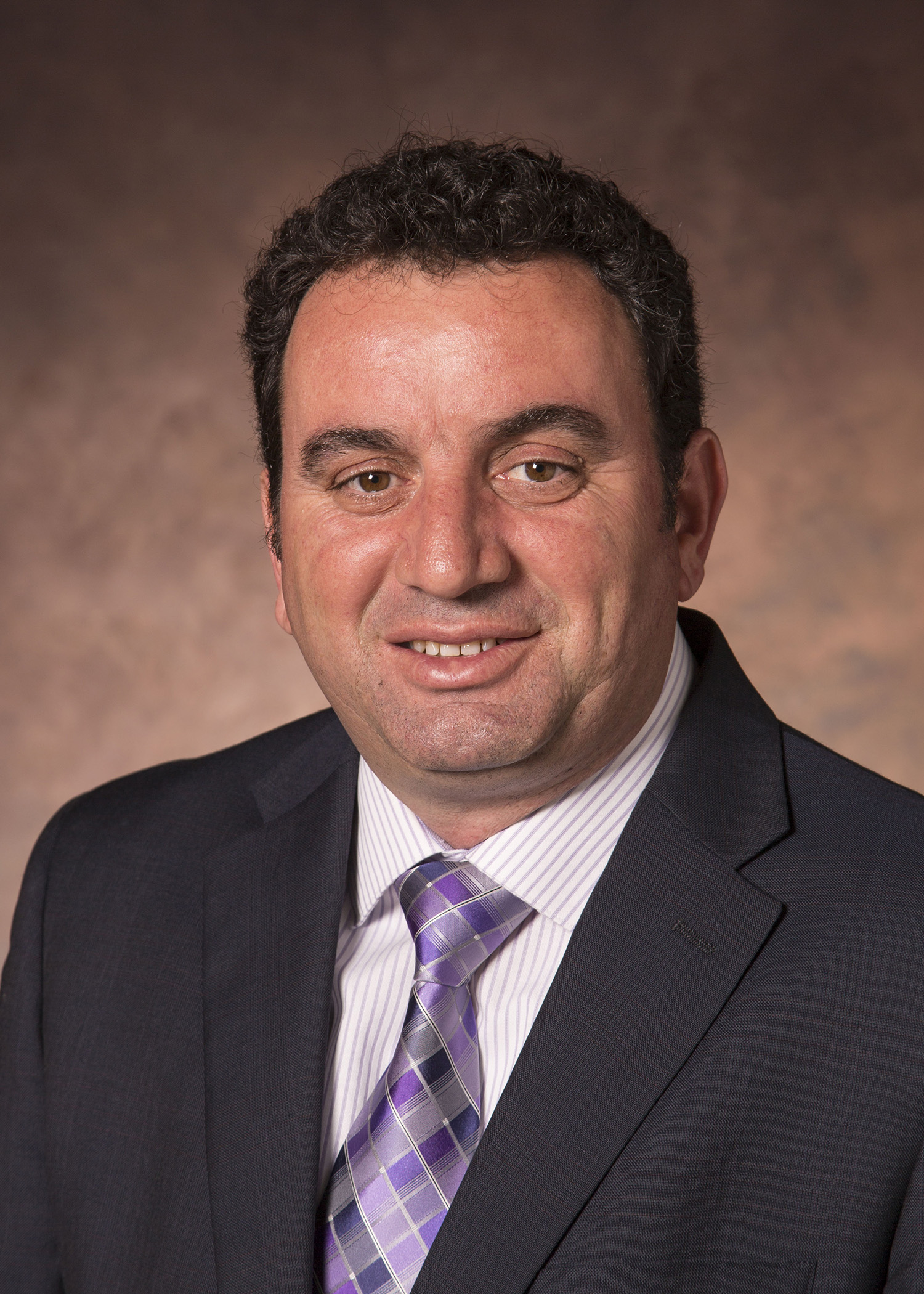Speaker(s):
Chris Lawrence, Ph.D. SEP
Kiko Ha, M.Ed., LPC
Presentation:
Advances in brain development research have demonstrated the physical, physiological and emotional impact of chronic and situational stress and trauma on individuals. Individuals with a history of trauma have been found to be at much higher risk for a variety of medical and mental health complications. It is essential that we search for creative, non-invasive and non-pharmacological interventions to address the CAUSES of the physical, mental and behavioral health symptoms associated with trauma and stress.
HeartSpace Clinic has been offering two technology based interventions, HeartMath and The Safe and Sound Protocol for the past 18 months. The focus of these interventions is improved regulation and resilience in the nervous system and they are both effective with children, adolescents and adults. HeartMath is a biofeedback program that teaches individuals certain thought patterns and breathing techniques affect their HeartRate Variability (HRV). HRV has been found to be a significant factor in physical and mental resilience. HeartMath is easily taught and can be generalized to home by using a device that works with a phone.
The Safe and Sound Protocol (SSP) was developed by Stephen Porges, author of the Polyvagal Theory. The SSP addresses an auditory adaptation that contributes to hypervigilance (in other words, anxiety). The intervention was first used with children on the autism spectrum, with remarkable results in their social engagement abilities. It is now being used by HeartSpace Clinic, as well as by others around the world, with individuals who have a history of trauma or traumatic stress, with similarly amazing results in terms of anxiety, depression, social engagement and trauma symptoms.
The most recent group of patients to receive the benefits of SSP has been cats and dogs with severe anxiety and avoidance symptoms.
This workshop will introduce these two unique interventions, share anecdotes and data from our ongoing study of their impact on adults, children and pets, and discuss lessons learned.
Objectives:
- Introduce two technology assisted interventions – HeartMath and the Safe and Sound Protocol.
- Provide rationale for utilizing both interventions with clients who have a history of trauma.
- Share data gathered through the Technology Enhanced Trauma Treatment Project.
- Discuss the use of the Safe and Sound Protocol with pets.
- Discuss clinical indicators and cautions for the use of both interventions.
Slides and Handouts:
LAWRENCE_Spring Institute (2)





